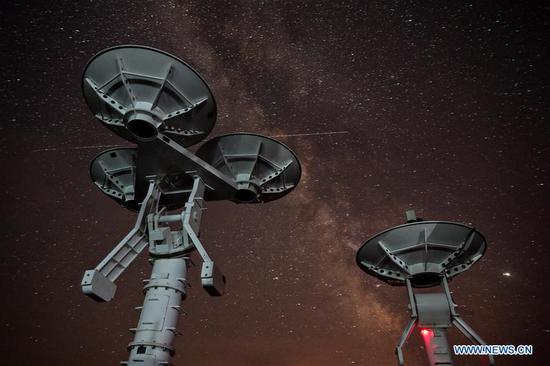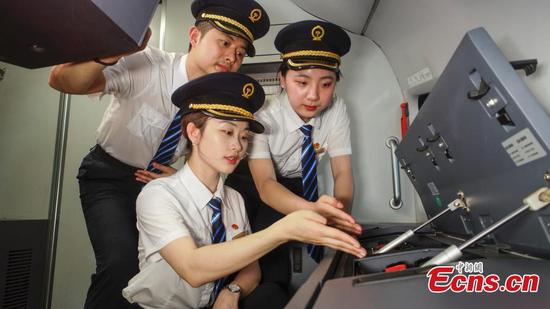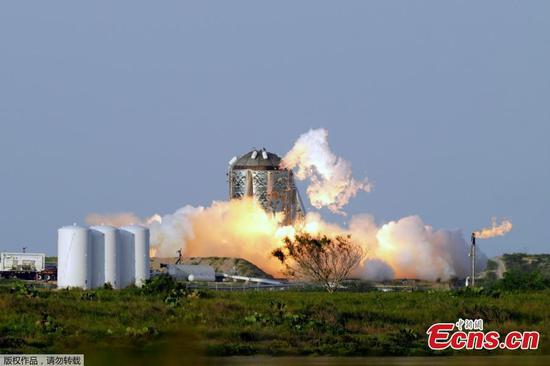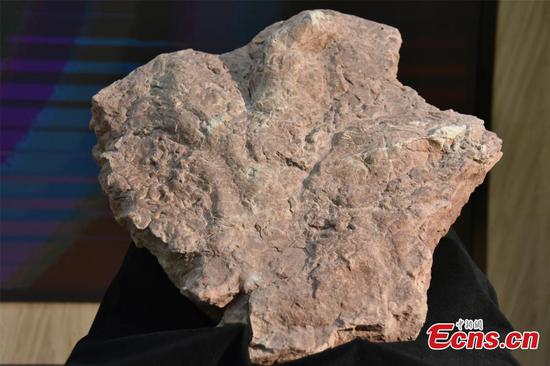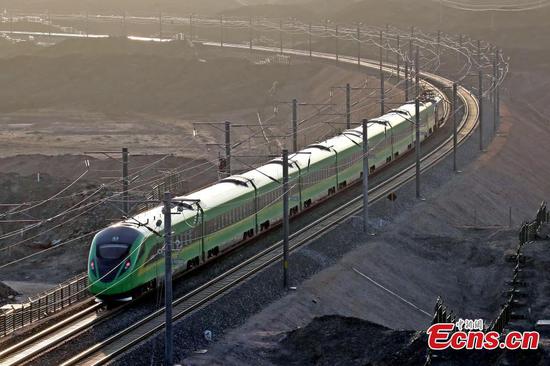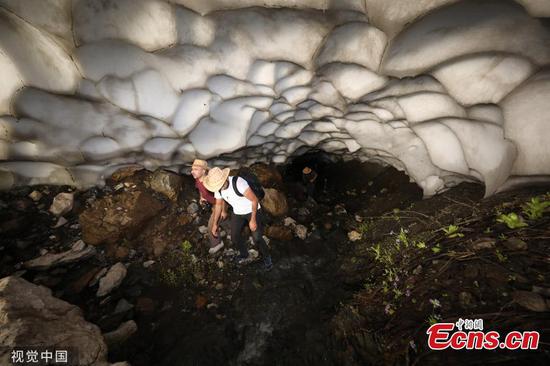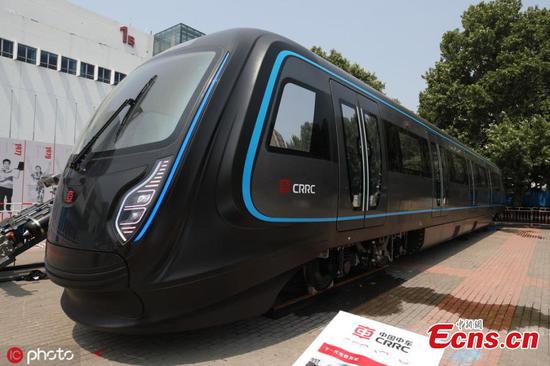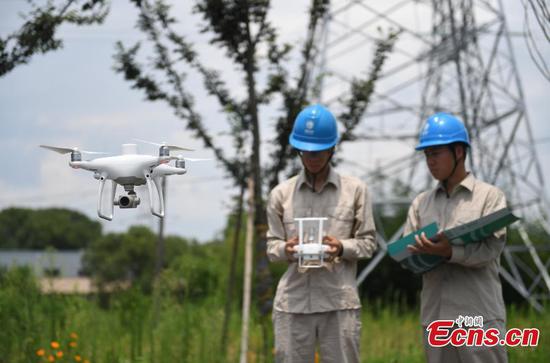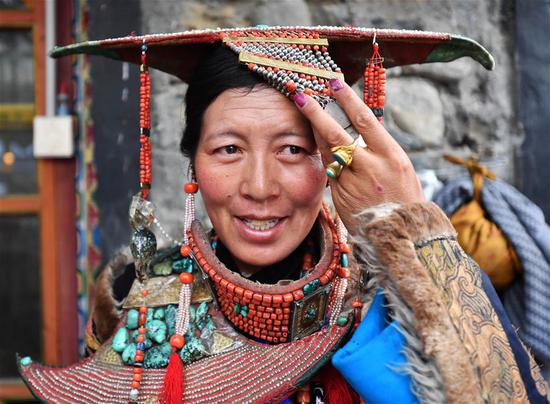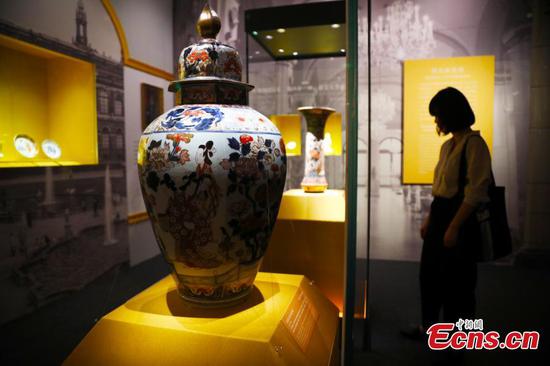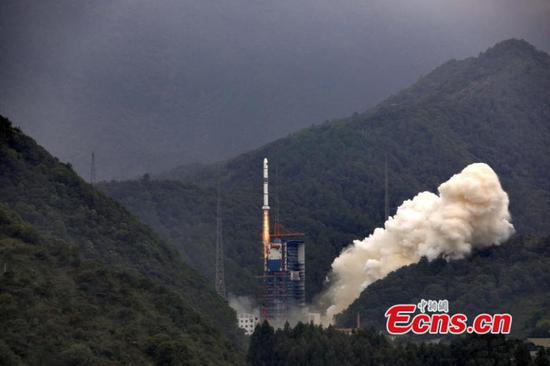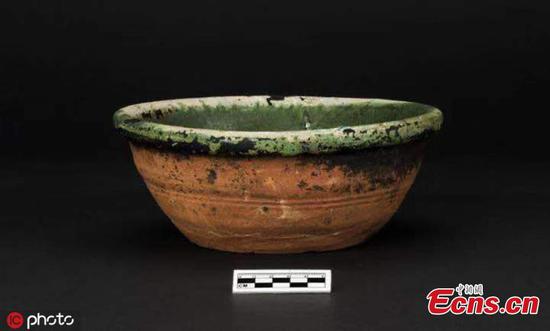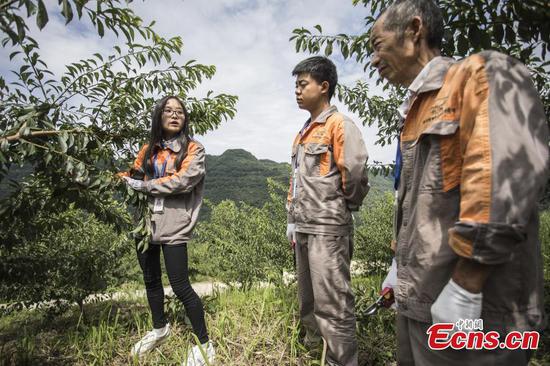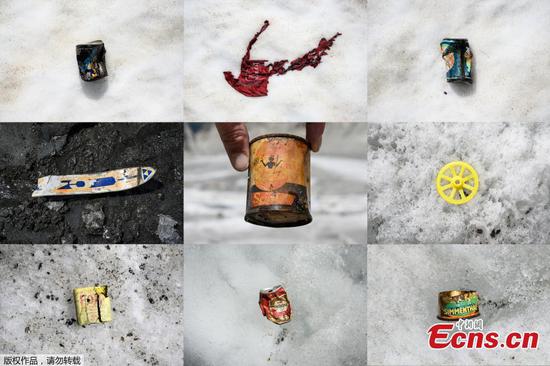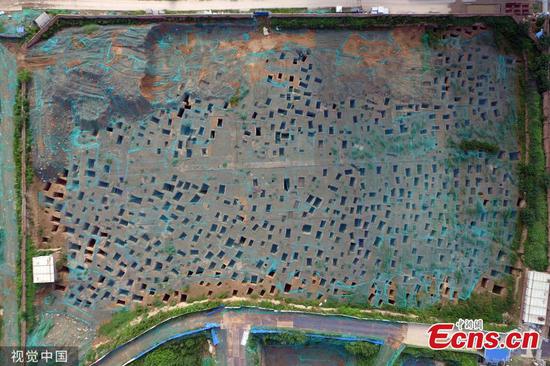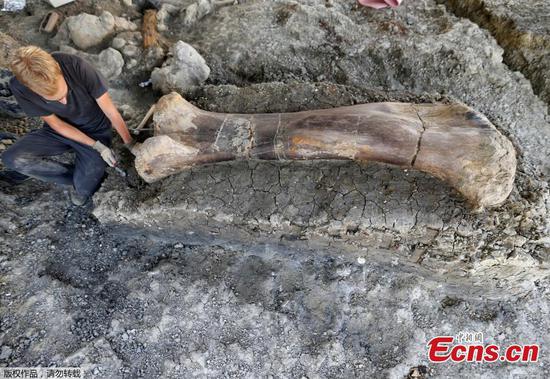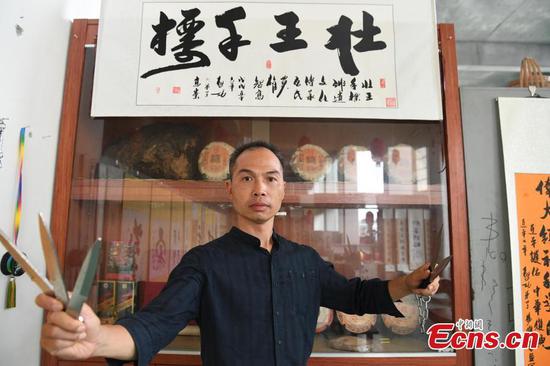Huawei Technologies Co said on Tuesday that some U.S. suppliers have been gradually resuming sales to it, but so far the Chinese tech company still did not have access to some crucial U.S. technologies such as the updates of Google's Android operating system.
The comments came as Huawei announced on Tuesday that it posted 401.3 billion yuan ($58.3 billion) in revenue in the first half of 2019, marking a 23.2 percent year-on-year jump, despite all the restrictions it faces from the United States government.
Liang Hua, chairman of Huawei, said: "We have been working hard to ensure smooth operations, and our organization is as sound as ever. With effective management, our business has remained robust in the first half of 2019."
The financial performance came as Huawei is facing restrictions from the U.S. government which put the Chinese company on an "Entity List" in May, banning the Chinese tech company from buying U.S. technologies without special government approval.
"The U.S. entity list has had some impact on our development. But both the scope and extent of this impact is controllable. Our core products have not been significantly affected. Our customers still believe in us," Liang said.
The media recently reported that the U.S. government may grant licenses to some companies to restart new sales to Huawei next month. Reuters reported earlier this month that the U.S. Commerce Department had received applications from more than 35 U.S. companies which are asking for licenses to resume such sales.
Yao Fuhai, chief supplier officer of Huawei, said the Shenzhen-based company has been very grateful to the U.S. suppliers which have supported Huawei while complying the U.S. laws and regulations.
"We welcome the recent positive signals from the U.S. government and wishes it to put into action what it said," Yao said.
But Liang from Huawei highlighted that the sales of some crucial U.S. technologies, including the Android operating system, have still not been resumed.
"In the second half, Huawei's overseas smartphone business will still meet some challenges," Liang said, adding that if Huawei can regain access to the Android operating system, the company will use the system in its smartphones.
But if not, Huawei also has the capability to build its own operating system and relevant ecosystem, the senior executive added.
Huawei said it will invest 120 billion yuan in research and development this year.
According to him, Huawei's overseas smartphone business was indeed affected by the U.S. government restrictions, but recently, the business has rebounded back to 80 percent of its performance before Huawei was put on the trade blacklist.
Huawei's consumer business group accounted for 55 percent of the company's total half-year revenue, with its domestic smartphone businesses gaining strong momentum in China.
Jia Mo, an analyst at market research company Canalys, said the U.S. government's ban on Huawei has caused uncertainty overseas, but "in China, it has kept its foot on the accelerator".
Huawei took a record 38 percent of China's smartphone market in the second quarter of 2019, signifying the highest market share of any vendor in eight years, according to data released by market research company Canalys on Tuesday.
Huawei's global mix has shifted back toward China, with 64 percent of its smartphone shipments in the second quarter going to its home market.









